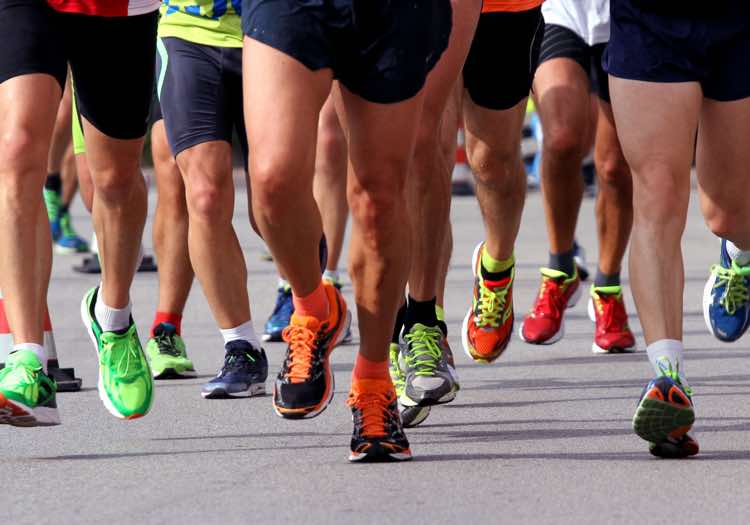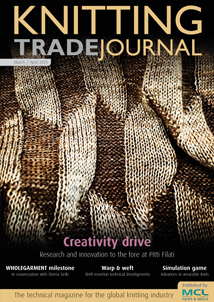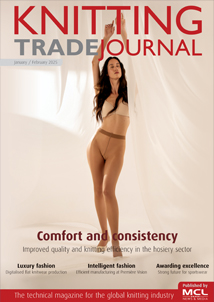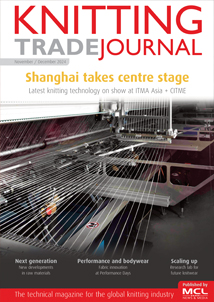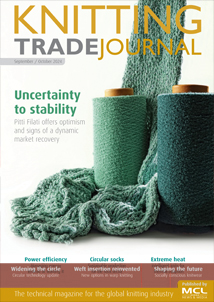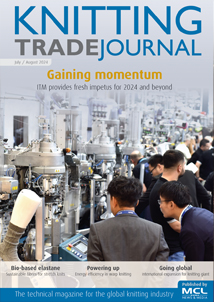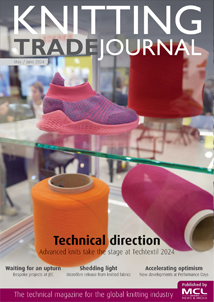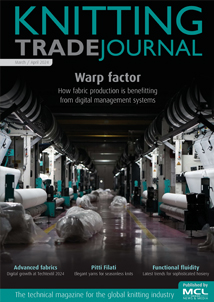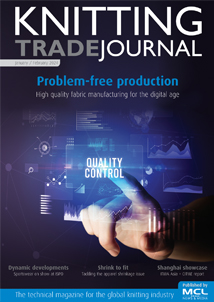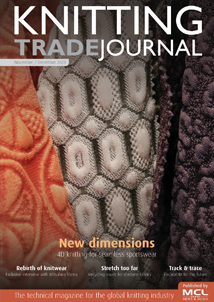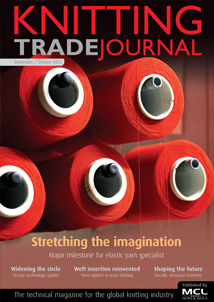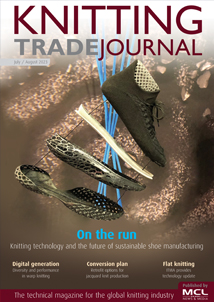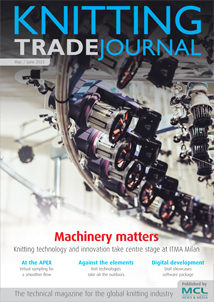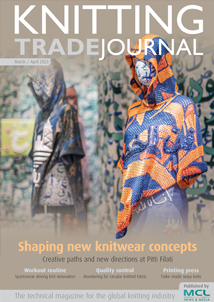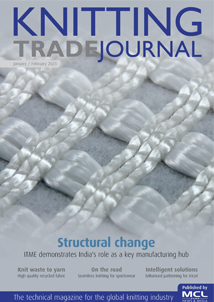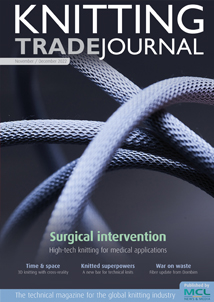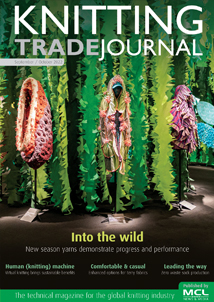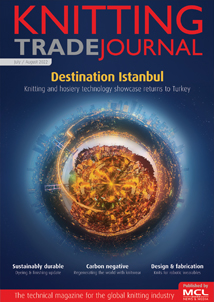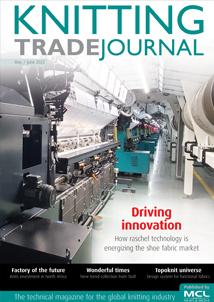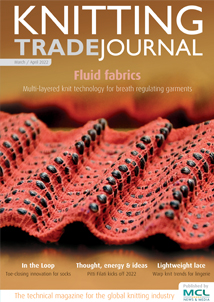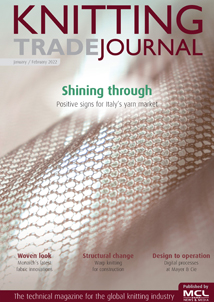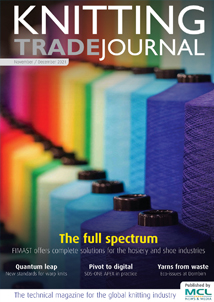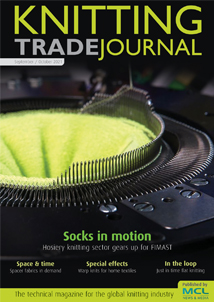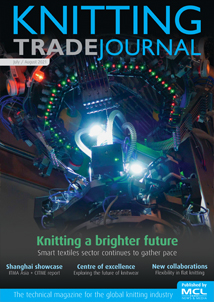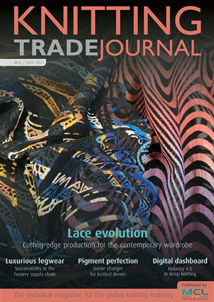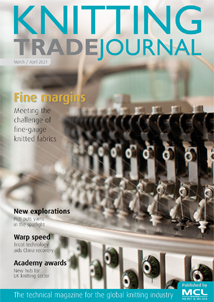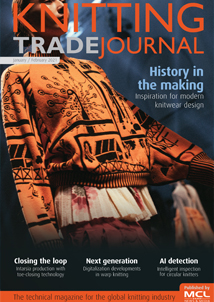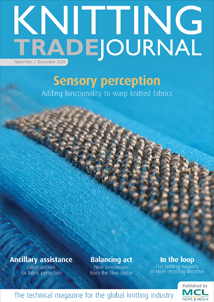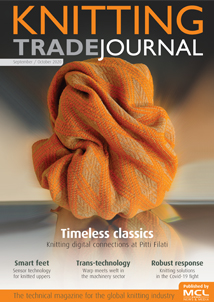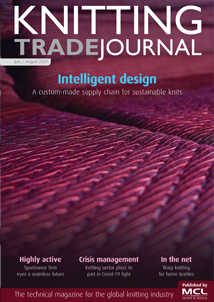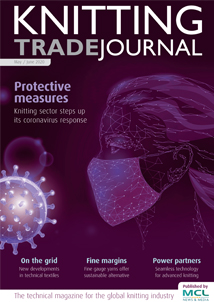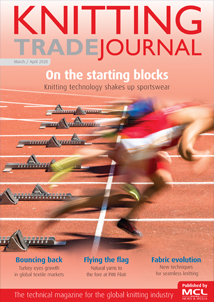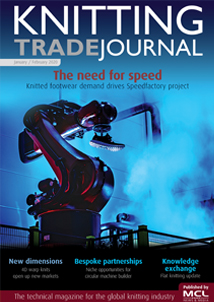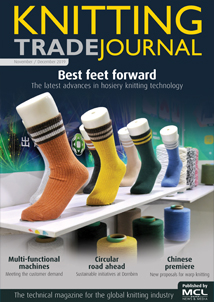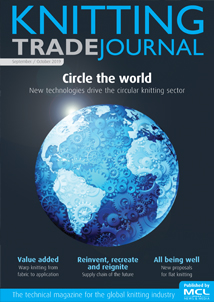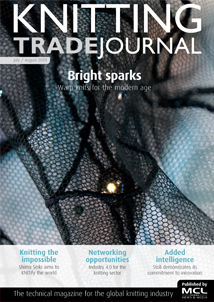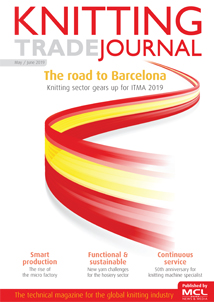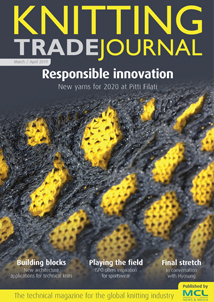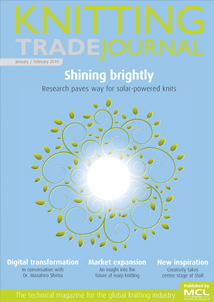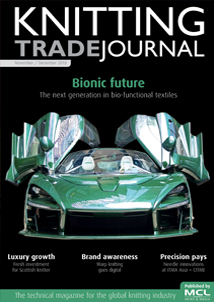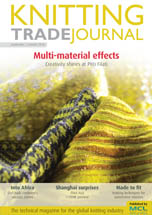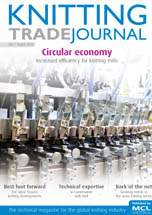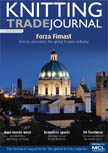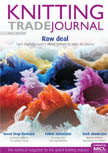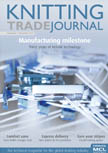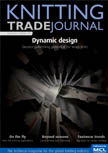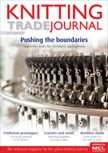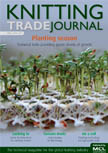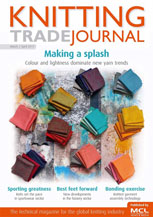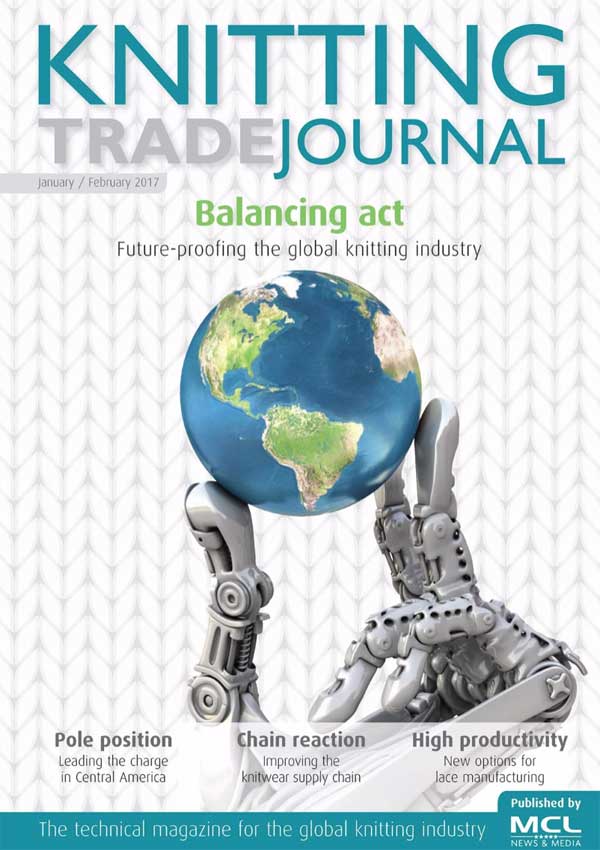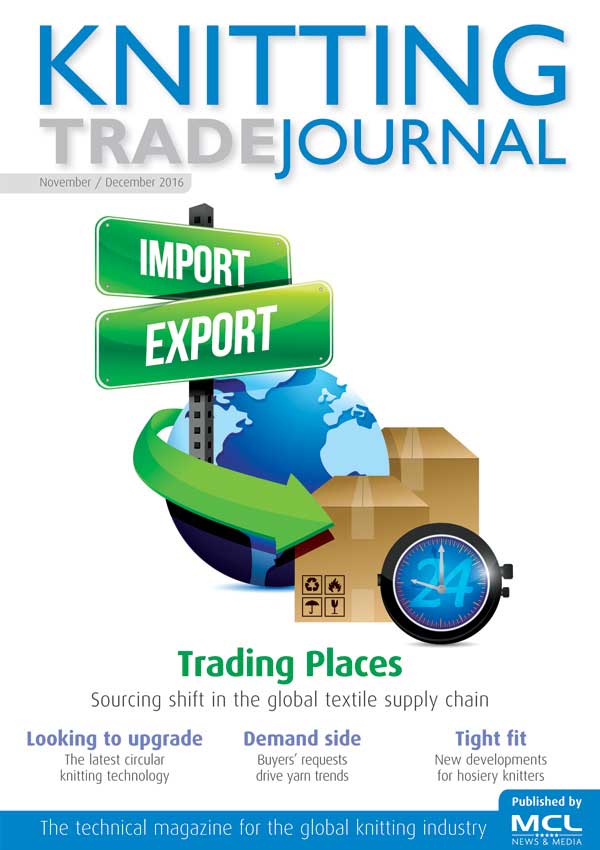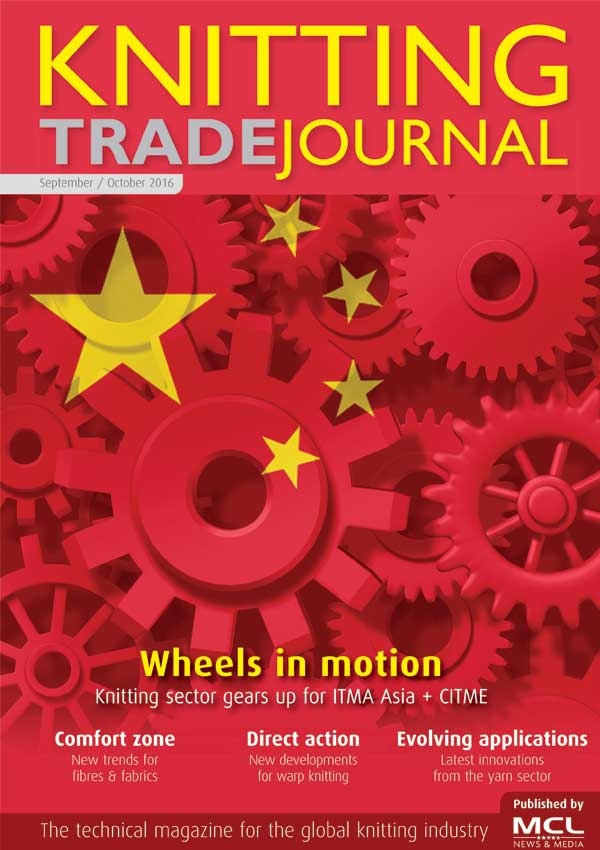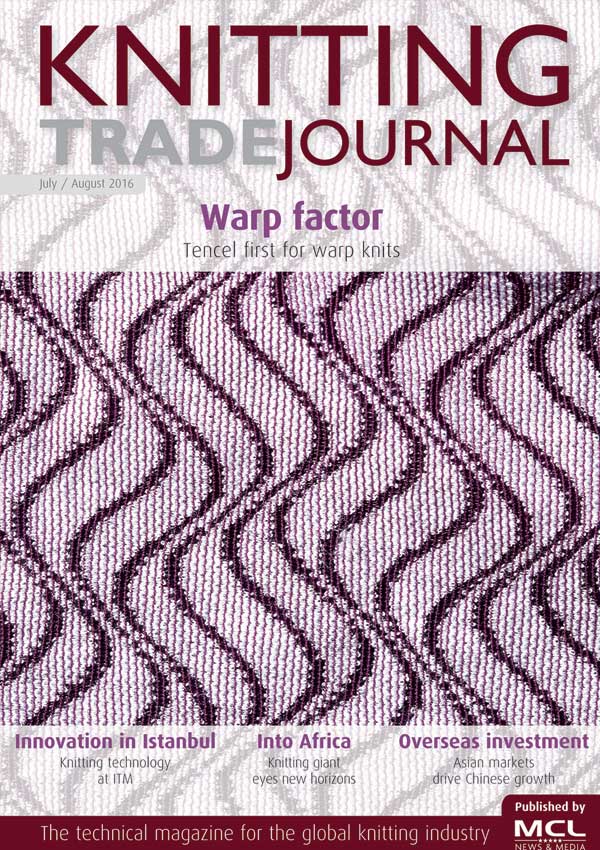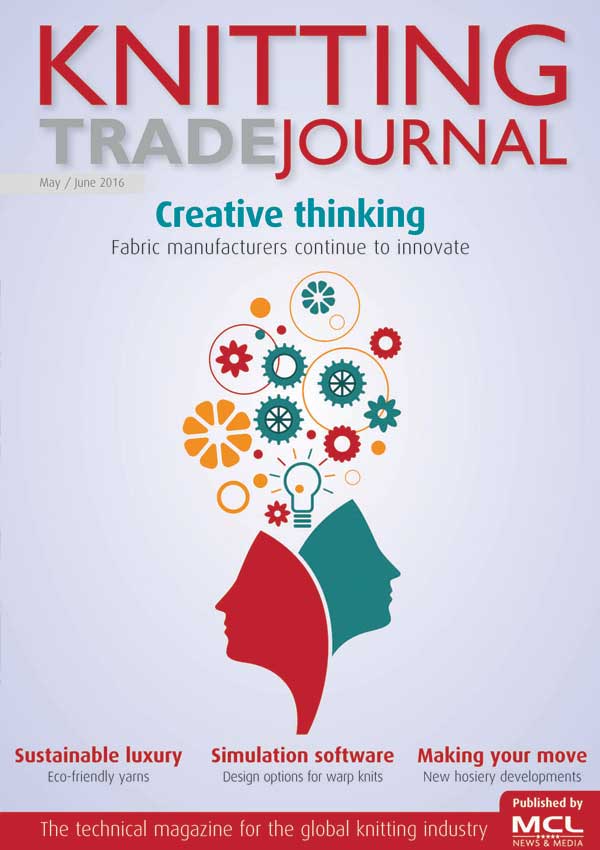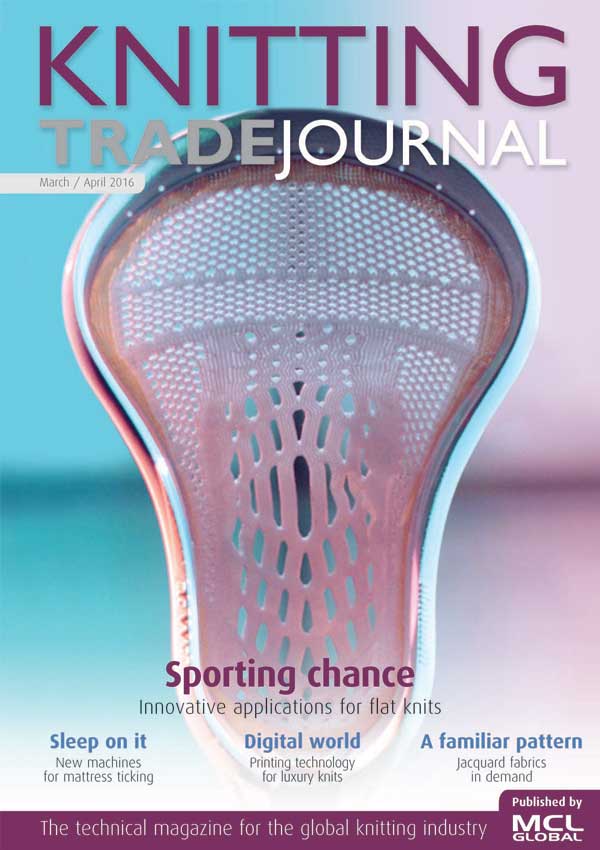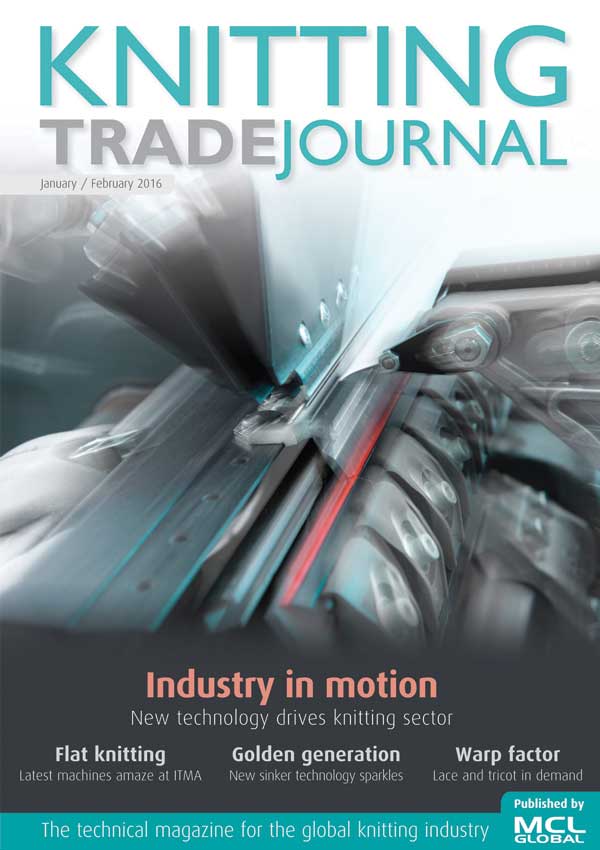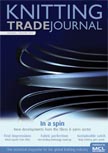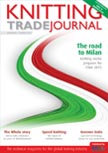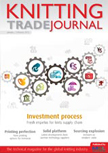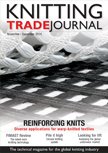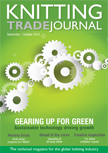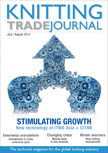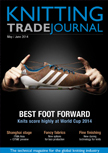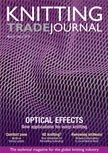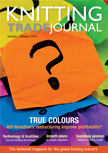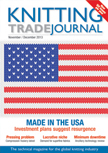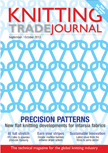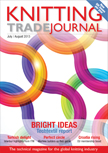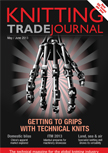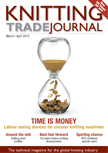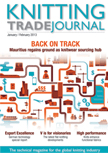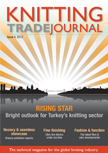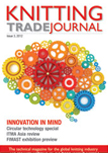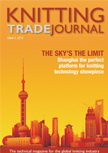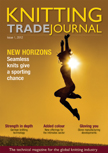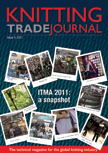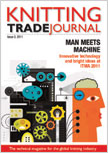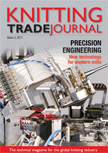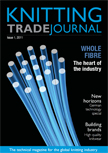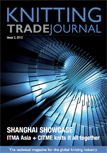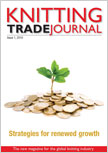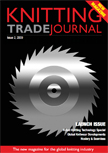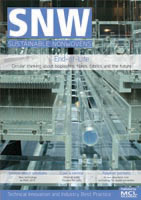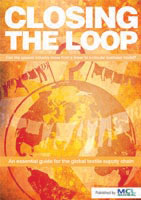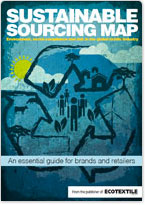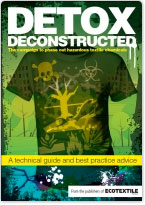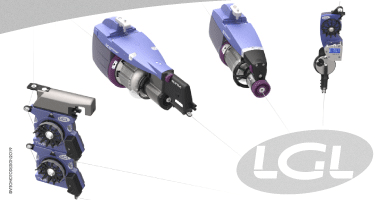Albstadt - Circular knitting machine manufacturer Mayer & Cie will be exhibiting at this year’s ITMA with a focus on the sportswear and footwear sectors.
Under the slogan Stay a winner. With Mayer & Cie, the company will demonstrate sportswear, active leisurewear and sports shoes are increasingly made of circular knitted fabrics and how the long-established German firm has the right machines to cater for this trend. Mayer & Cie. is also going for the improved customer experiences that consistent digitization makes possible.
“Circular knitting is one of the most efficient ways to manufacture textile surfaces,” says managing partner Marcus Mayer, in charge of technical development at Mayer & Cie. “A Mayer machine manufactures up to 40 kg of fabric per hour, enough for around 380 t-shirts. Jersey fabric is elastic too, which is good for wearing comfort, especially in the sport and leisure sectors.”
Demand
For years global demand for circular knitted goods has increased continuously. An important growth driver is the sportswear and sports fashion sector, including sports shoes. According to Euromonitor the market segment grew by about seven per cent per year between 2013 and 2017. By 2017 Euromonitor estimated its total market value to be around US$78 billion. Lightweight synthetic fibres, new patterns and attractive functionalities are the key requirements in this area.
Mayer & Cie says it can already fulfill many requirements with a portfolio of machines considered to be the largest in the industry. Lightweight mesh structures, often requested for running shirts, are a speciality of the IG 3.2 QCe interlock machine, for example. Jacquard machines from the OVJA family, in contrast, are suitable for the manufacture of shoe uppers.
Hardy Bühler, trend scout and regional sales manager at Mayer & Cie, says that, “for a sports shoe to be made of knitted fabric has only really been an option since the 2012 Olympics”. Compared with the conventional methods flat knitting and warp knitting, circular knitting scores points for productivity and significantly shorter set-up times.
“Because we think there continues to be a great deal of potential in sports- and leisurewear, our new machine developments are mainly located in that area,” says Marcus Mayer, summarizing his company’s ITMA presentation.
Spinning and knitting
Series production of the Spinit 3.0 E spinning and knitting machine has been under way since the end of 2018. It combines two previously separate processes – spinning and knitting – in one machine. This saves time, space and energy compared with conventional manufacturing processes. Mayer & Cie has already won several awards for this approach, the latest being the Innovation Prize for the Climate and the Environment (IKU) that the Federal Environment Ministry and the Confederation of German Industry (BDI) award every other year.
The company is presenting at ITMA its further developments of this machine. “We aren’t of course revealing yet exactly what they are,” says Marcus Mayer. “All I will say is that with this machine we aim to increasingly target sports- and leisurewear.”
Regeneration
Many top-flight athletes have long realised that a good night’s sleep is part of successful preparation for competitive events. Mattress covers and sportswear are a good match for Mayer & Cie. too.
One ITMA exhibit is aimed specifically at this market segment. “The fully electronic circular knitting machines that are in demand can confidently be described as the premium class,” Marcus Mayer says. “Even though probably no-one remembers the pattern on their mattress, it is one of the most elaborate patterns that are made. That was why a wide range of patterns, ease of use and, of course, the productivity of its circular knitting machines were key considerations for a mattress cover manufacturer."
Collaboration
Along with machine development Mayer & Cie has set itself another target for ITMA and thereafter: to improve the customer experience, a task of which Sebastian Mayer is in charge.
His responsibilities at Mayer & Cie are for corporate development and digitization. Digitization of the company’s extensive customer and machinery know-how is currently under way. Customers will be able to see and test the initial results at ITMA. Available for testing will be the new Web shop, linked with an analogue model of the high-bay warehouse in Albstadt-Tailfingen, and machine maintenance by means of HoloLens.
“And that is just a foretaste of what is to come,” says Sebastian Mayer. “We want to offer our know-how to our customers on a customer portal. That will make efficiency optimisation and predictive maintenance possible, delivering genuine customer benefits.”




